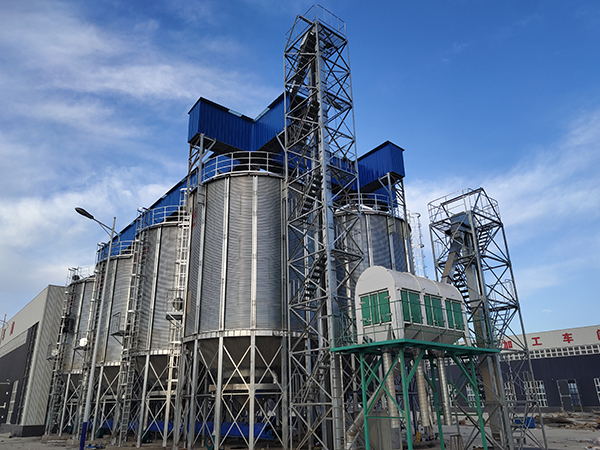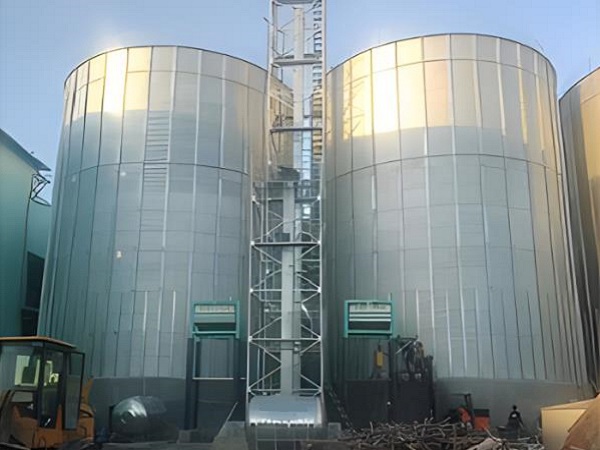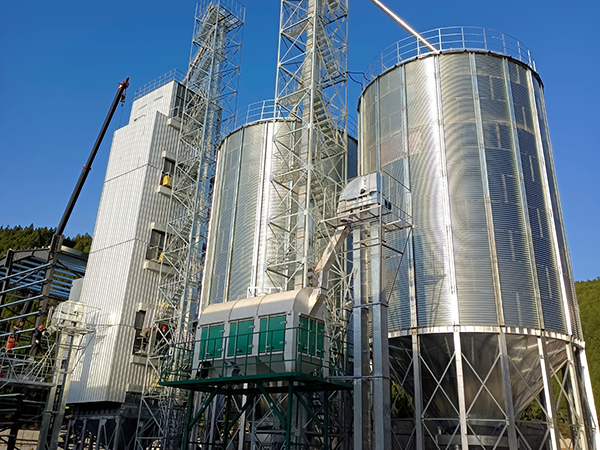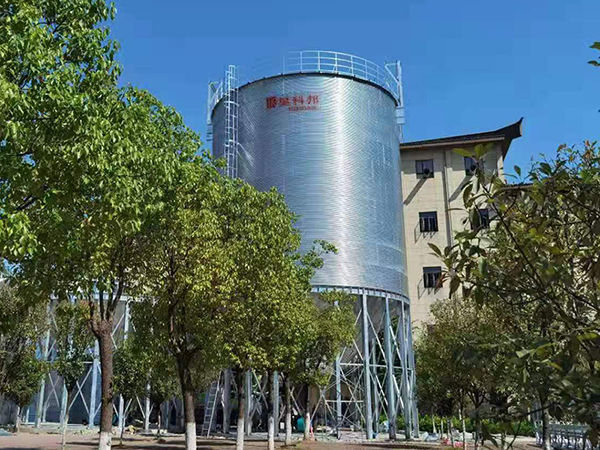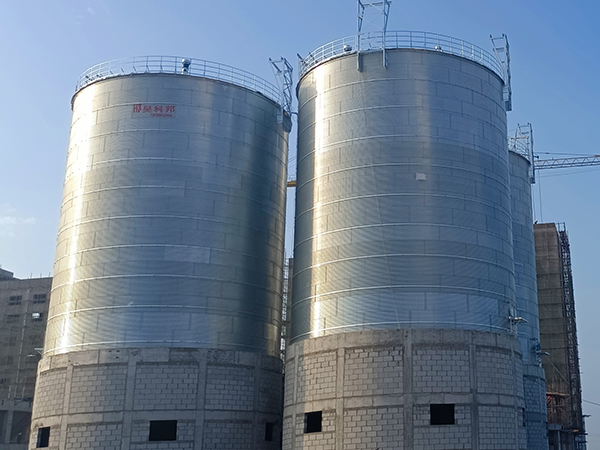Storage silo: the perfect integration of technology and efficiency
Feed storage silos are pivotal in modern livestock farming, with diverse applications and technological integrations like temperature monitoring and ventilation. They cater to various scales of farming, enhancing feed efficiency, and ensuring quality.
- Barley grain bin company in Tanzania
- rice grain bin factory in Rwanda
- Paddy grain bin supplier in Guinea
- Wheat Cone-Bottom Silo Franchise in Thailand
- Wheat cone bottom silo procurement in Thailand
- Wholesale Wheat Cone-Bottom Silo in Malaysia
- Manufacturers of Wheat Cone-Bottom Silo in Malaysia
- Wheat Cone-Bottomed Silo Suppliers in Uganda
- Cone-Bottom Wheat Silo Sales in Uganda
- Wheat cone bottom silo price in Uganda
- Soybean meal grain bin sale in Guinea
- Corn grain bin price in Libya
As the livestock farming industry grows, feed storage silos become increasingly crucial as key storage equipment. They are available in a range of sizes and types, suitable for various applications from poultry to livestock. Selecting the appropriate feed storage silo is a top concern for farm owners in this competitive market. With technological progress, modern feed storage silos have transformed beyond basic storage, integrating advanced features.They have integrated various intelligent facilities to enhance storage efficiency and safeguard feed quality. This article will delve into the development trends, technological features, and application scenarios of these modern feed storage silos. It aims to offer reference and inspiration for advancements in the farming industry.
Diverse Applications of Feed Storage silo
In the farming industry, feed storage silos are essential for storing and managing feed. They are vital for both small-scale poultry farms and large-scale livestock breeding bases. To cater to the feed requirements of various animals, the market has introduced feed storage silos of different specifications and functions. Examples include silos designed for poultry, pigs, and cattle. These silos vary not only in capacity and size but are also tailored to the feeding traits of different animals. They are designed to fulfill the specific needs of farm owners.
In addition to meeting the requirements of different animals, modern feed storage silo are also used in farms of varying scales. From small family farms to large-scale livestock breeding enterprises, suitable feed storage silo can be selected according to specific needs. For small-scale farms, smaller and manually operated feed storage silo may be more suitable, while large-scale breeding bases require larger capacity and higher levels of automation to meet daily production needs.
Technology-Driven Upgrades of Feed Storage silo
With the advancement of technology, modern feed storage silo have evolved beyond simple storage functions to integrate various intelligent facilities to improve efficiency and ensure feed quality. Among them, the temperature monitoring system is one of the crucial components of modern feed storage silo. Through advanced sensors and monitoring devices, feed storage silo can monitor the temperature changes inside the silo in real-time and issue timely alerts to prevent feed from spoiling due to excessively high temperatures.
In addition to temperature monitoring systems, ventilation systems are also essential components of modern feed storage silo. A good ventilation system is essential for maintaining air circulation inside the silo. It prevents the feed from becoming damp and moldy, ensuring the feed’s quality. Furthermore, some feed storage silos come equipped with automated dispensing mechanisms. These mechanisms enable automatic feeding and distribution of feed, which reduces the labor involved in manual operations and enhances work efficiency.
Case Studies
Modern feed storage silos are crucial for enhancing production efficiency and maintaining feed quality on poultry farms. Advanced poultry farms have started to implement intelligent feed storage silos. These silos utilize temperature monitoring and ventilation systems to automate feed storage and management processes.This not only reduces labor costs but also increases feed utilization, creating more profit space for farm owners.
In large-scale livestock breeding enterprises, the application of feed storage silo is even more extensive. Through the application of technology, these enterprises can achieve precise distribution and management of feed, avoiding feed waste and quality deterioration, thereby improving breeding efficiency and economic benefits.

